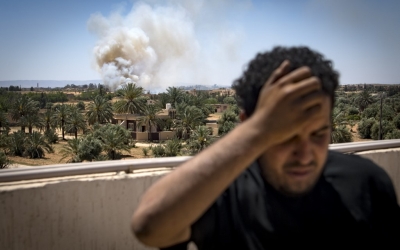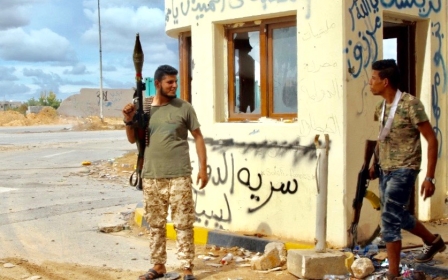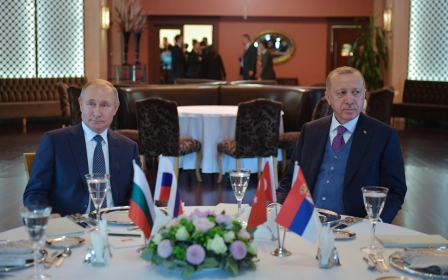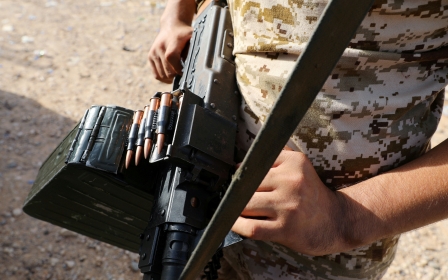Tripoli guns quiet after Haftar, GNA agree to sign Libya ceasefire
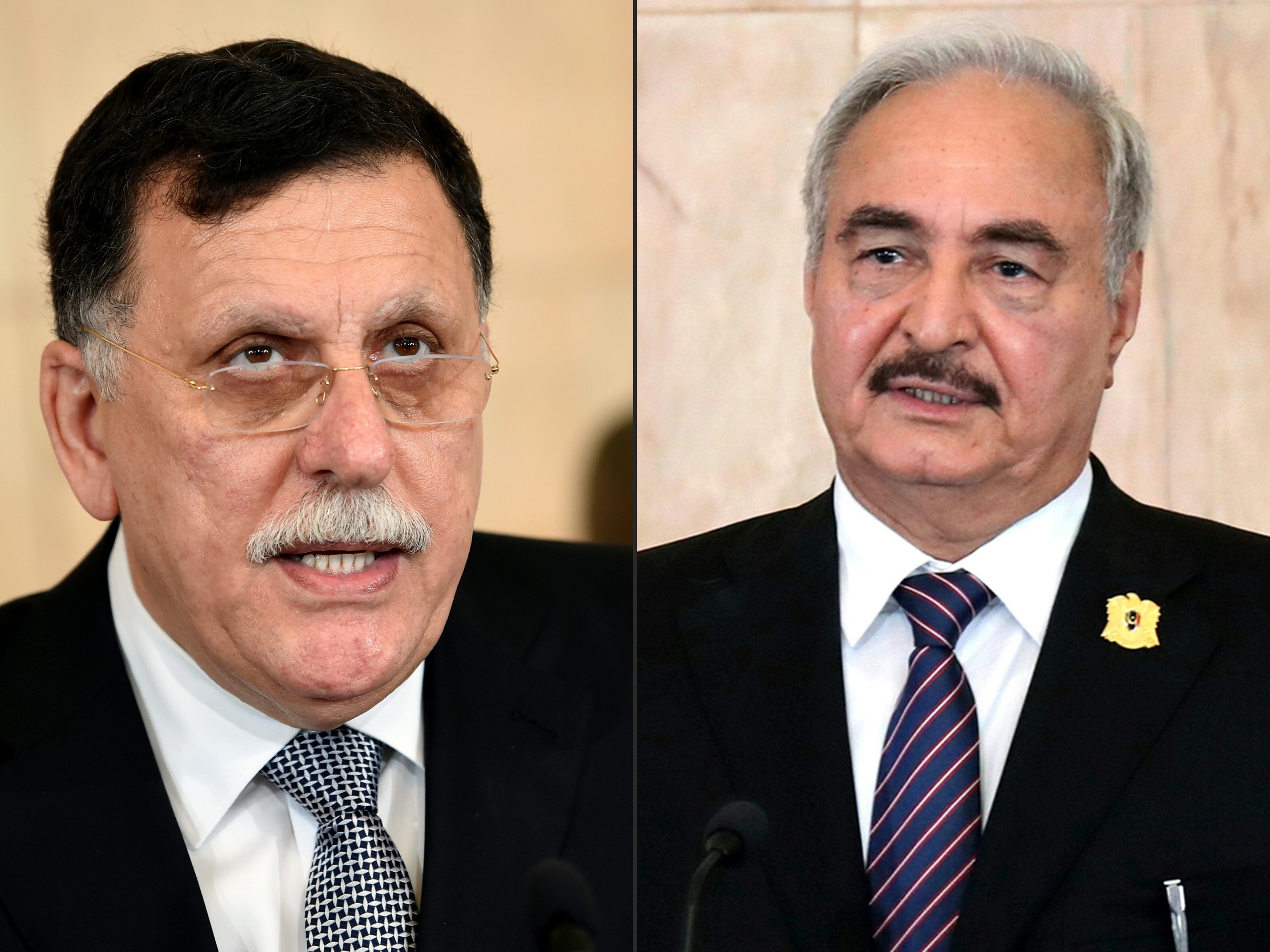
The head of Libya's UN-recognised Government of National Accord (GNA) Fayez al-Sarraj and his rival, military leader Khalifa Haftar, are expected to sign a ceasefire agreement in Moscow on Monday, a senior Libyan official said.
Sarraj called on Libyans to "turn the page on the past", as he prepared to sign the agreement with Haftar. "I call on all Libyans to turn the page on the past, reject discord and to close ranks to move towards stability and peace," he said in a short televised speech.
The signing of the agreement will pave the way for the revival of the political process, said Libya's head of High Council of State Khaled al-Mechri on the country's al-Ahrar TV channel, according to AFP.
The oil-rich North African country has been wracked by bloody turmoil since a Nato-backed uprising killed long-time leader Muammar Gaddafi in 2011.
Since April last year, Tripoli has been under attack from forces loyal to Haftar, which days ago advanced to take the strategic coastal city of Sirte.
New MEE newsletter: Jerusalem Dispatch
Sign up to get the latest insights and analysis on Israel-Palestine, alongside Turkey Unpacked and other MEE newsletters
Haftar's forces announced the ceasefire starting at the stroke of midnight late on Saturday in line with a joint call by Turkish President Recep Tayyip Erdogan and his Russian counterpart Vladimir Putin.
Early on Sunday, GNA head Sarraj also announced an agreement to the ceasefire, saying it had taken effect at the start of the day.
Sarraj stressed the GNA's "legitimate right... to respond to any attack or aggression" that may come from the other side, just as Haftar forces had warned of a "severe" response to any violation by the "opposing camp".
Artillery fire could be heard shortly after midnight from the centre of the capital before quiet settled over the southern Tripoli suburb where pro-GNA forces have been resisting a Haftar offensive that started on 4 April 2019.
A 'second Syria'?
Erdogan and Putin had called for a ceasefire at a meeting on Wednesday in Istanbul, and Turkey on Saturday asked Russia to convince Haftar, who had initially vowed to fight on, to respect it.
Ankara deployed military support to the GNA in January, while Russia has been accused of supporting pro-Haftar forces, which are also backed by the United Arab Emirates and Egypt.
Europe and North Africa have launched a diplomatic offensive to try to prevent Libya, with the increased involvement of international players in its conflict, from turning into a "second Syria".
European governments are concerned that Islamist militants and migrant smugglers, already highly active in Libya, will take further advantage of the chaos.
On Saturday, Putin and German Chancellor Angela Merkel met in Moscow and called for international efforts to address the crisis in Libya.
Merkel, making her first visit to Russia since 2018, said she hoped "the Turkish-Russian efforts will be successful," calling a ceasefire a first step in a peace process.
Putin and Merkel both backed a Libya peace conference in Berlin being organised by the UN special envoy to Libya, Ghassan Salame, which could be held in the coming weeks.
Both Russia and Turkey have emerged as key players in Libya.
While Turkey has sent defence equipment and troops to support the UN-backed Tripoli government, Moscow is accused of backing mercenaries supporting Haftar.
Putin on Saturday reiterated Moscow's denial of this, saying: "If there are Russians there, they do not represent the interests of the Russian state and do not receive money from it."
Middle East Eye delivers independent and unrivalled coverage and analysis of the Middle East, North Africa and beyond. To learn more about republishing this content and the associated fees, please fill out this form. More about MEE can be found here.


